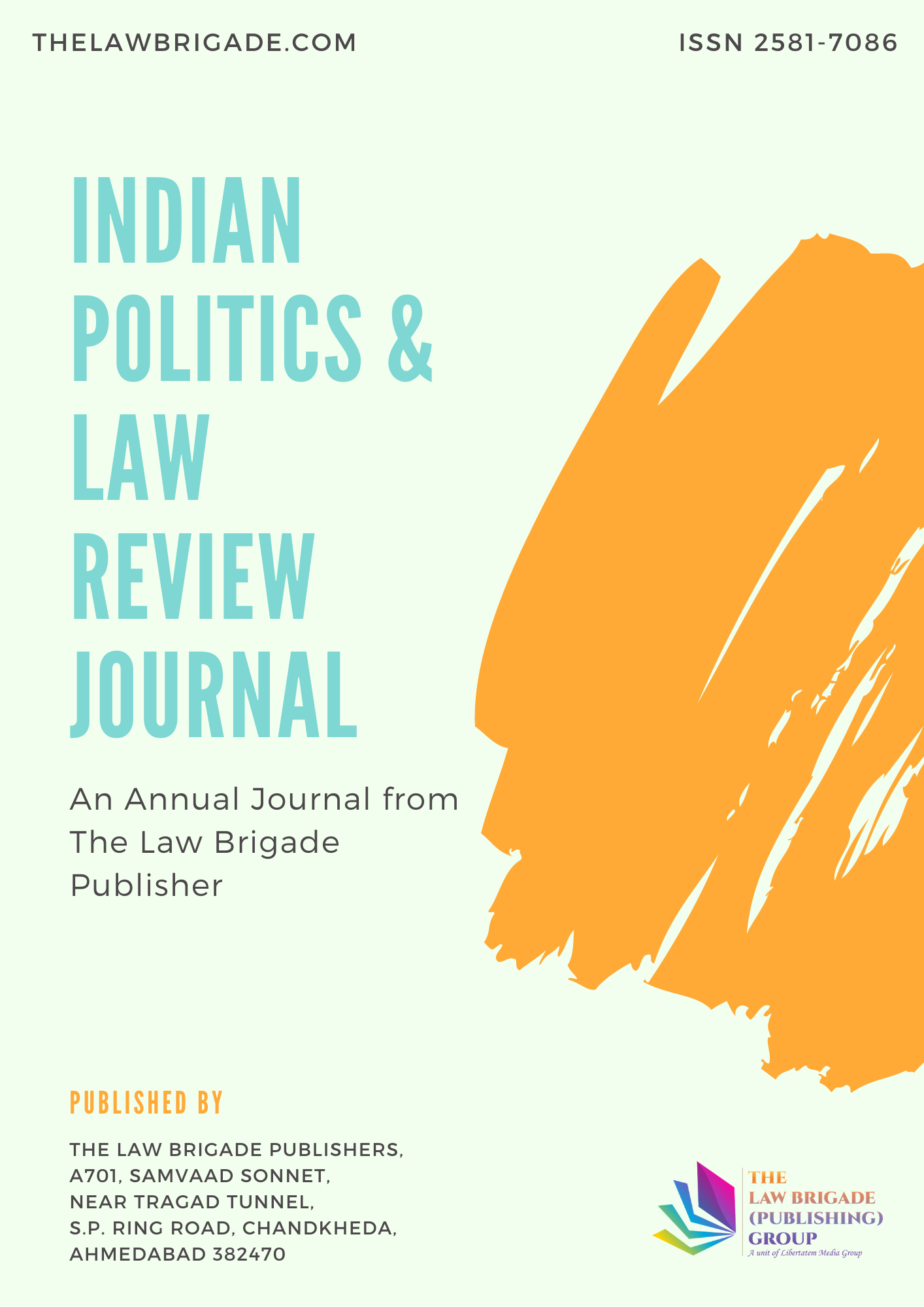In theory, emergency powers refer to those intrinsic powers that a State can exercise in unusual circumstances such as war, armed rebellion, attacks of terrorism, natural disasters, serious health emergencies, pandemics, or other serious threats that threaten the State. It is widely acknowledged that these powers should be utilised only in extreme situations and to the degree that the situation necessitates.
Emergency has two significant problems: (1) the balance of powers between the Government and its branches is disturbed, and (2) the protection of human rights and the law of governance is threatened.
History has provided us with dark examples which show how the exercise of emergency powers has resulted in abuse of authority and power. Arbitrary exercise of emergency powers has catastrophic consequences on a nation’s legal, political, and economic growth. It’s crucial to remember that emergency powers should never be used to stifle dissent or impose arbitrary restrictions on human rights.
The Researcher acknowledges that the exercise of emergency powers in response to severe threats is essential and permitted by national and international law during severe crises. Nevertheless, what is pertinent to note is that any emergency reaction must be reasonable, necessary, and non-discriminatory.
The Research Paper starts with an introduction describing the concept of “emergency powers”. The second section provides a broad overview of the existing emergency provisions in the U.S. and India. The third section highlights the emergency approaches practised and incidents in the past in both States. The fourth part will focus on the comparative analysis of the procedural aspects of the respective governments exercising their emergency power as per their constitutions. Lastly, the Research Paper is concluded with specific observations and concerns identified by the researcher.





